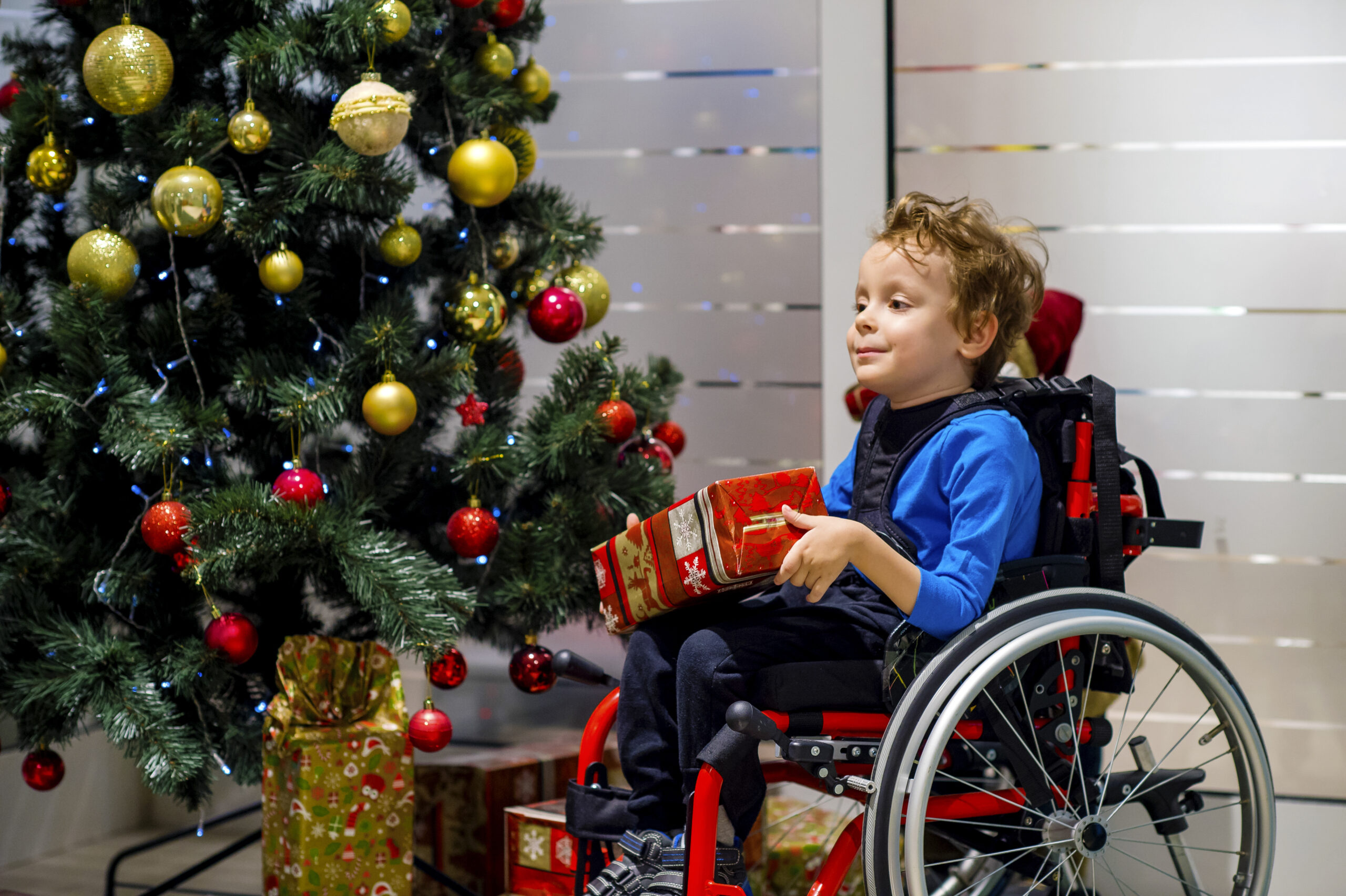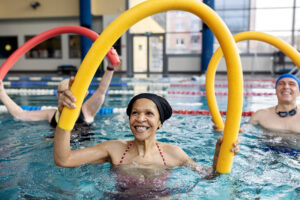Whether you’re traveling near or far this holiday season, planning ahead and being prepared can help make any trip less stressful. Here are some tips to help your travels go smoothly with your medically complex child and make your experience at your destination more comfortable.
Tips for a smooth travel experience
Inform your child’s medical team
Before you leave, let your child’s pediatrician, private duty nurse and other medical team members know that you are planning to go on a trip. Let them know where you plan to travel and how long you will be there; they may have suggestions for preparations you need to take.
Know key locations
In an emergency, it is important to know the closest locations where your child can get help. Locate the nearest hospitals, medical centers and pharmacies near the area where you are staying and write down their contact information or save it on your phone. Contact your insurance company ahead of time to ensure you can get in-network care at your destination.
If you are traveling by car, locate hospitals and pharmacies along your route so that you always know where help is if you need it.
Keep a document with your child’s information
If your child needs help during your trip, it helps to have a key document containing all of your child’s pertinent health information. It should include their medical history, necessary medication, allergies, needed medical supplies or equipment, medical team contact information and other essential information. A letter from your child’s pediatrician may also be helpful in this case.
Choose the best method of transportation
Car and air travel are among the most popular means of transport for families over the holiday season. Traveling by car may be best for shorter distances and allows you the flexibility to stop along the way when your child needs care or a break. You can also control the environment in your vehicle more than you could in an airplane, which can be especially helpful for children with sensory issues.
You may travel by air because of a need to travel a long distance or a desire to make your trip quicker than it would be by car. Airports can help transport medically complex children to the gate, and the Transportation Safety Administration (TSA) has a program to help disabled individuals move through safety screenings.
Once on the plane, your child may ride in a Federal Aviation Administration (FAA) approved car seat. Note that many standard car seats are not approved for use on aircraft, and you may be able to borrow or rent an approved seat from some facilities and organizations, such as Shriners Hospitals and Easter Seals. Another option is many airlines will allow your child to ride on your lap if they are under two years old.
Parents may also choose to use the CARES harness, the only FAA-approved harness that can be used on U.S. flights. The belt system is approved for children over one year of age who weigh between 22 and 44 pounds. It can be attached to the airplane seat easily and turns the seat into a five-point harness.
Stay in accessible accommodations
Having a restful place for your family to recharge after a long day will make your holiday trip much more pleasant. When staying in a hotel, try to stay in rooms at the end of the hallways or away from the elevators so there will be less noise and traffic. Hotel chains like the Embassy Suites, DoubleTree Suites or Hyatt Houses, where all rooms are suite style with separate living and sleeping areas may be soothing for some children.
Another option is rental vacation homes or accessible Airbnbs, where your family will have more privacy and personal space and allow more control over the environment.
Bring comfort items and extra supplies
Travel is stressful, even for adults. Bringing comfort items like tablets, weighted blankets, stuffed animals, and noise-canceling headphones can help keep your child calm even in uncomfortable travel situations.
Once you arrive at your destination
Maintain your routine
Many medically complex children depend on routines, and it is important to try to maintain them as much as possible. Don’t be afraid to leave events early or adapt your plans to help your child stick to their routines.
Figure out accessibility
Many family holiday events are held in locations that are non-accessible or partially accessible. Make sure that you’ve considered how to get your child into the site and if there is space to attend to their medical needs.
If you are attending a family event, consider asking if it can be held in a rented event space rather than a non-accessible family home.
Manage sensory issues
Prepare for any sensory issues your child may experience from being at a crowded event with lights, music and other stimulation. Bring weighted blankets, noise-canceling headphones and other comfort items to soothe your child. Prepare a room or area away from the event where your child can rest if they get overstimulated.
Rest
Traveling and visiting family can be very tiring and stressful for kids and adults! Make sure to take time during your trip to rest and unwind. If you or your child or tired, feel free to leave an event early or decline some invitations.
Resources
Check out these helpful resources to help make your travel experience a little easier:
The United States Department of Transportation Travel Guide – This guide provides information about the air travel rights of individuals with disabilities.
TSA Cares – A service provided by the Transportation Security Administration that supports airline passengers with disabilities, special needs and medical conditions.
On-the-Go Resources – Published by the American Academy of Pediatrics, HealthyChildren.org provides travel tips and resources for parents.



